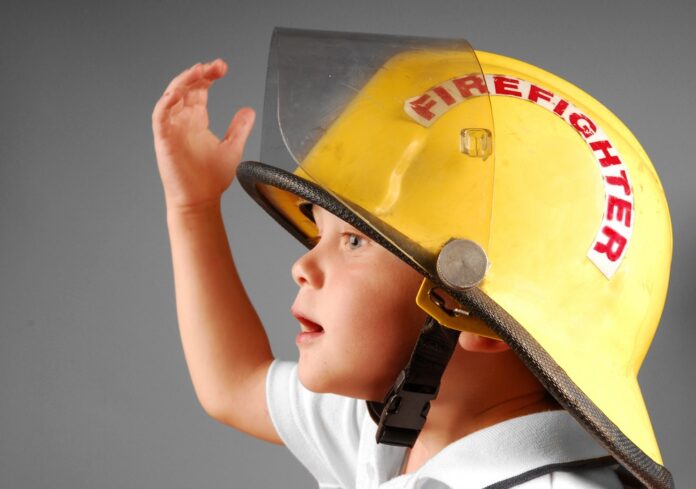Although house fires have been progressively reducing, they are still happening.
The most common causes of fires that occur in homes tend to be electrical, heat sources, stoves or fireplaces, cigarettes and matches, kitchens, candles, etc …
An uncontrolled fire can destroy a house completely and put its inhabitants at risk, although fortunately most fires are quickly controlled or extinguished in their initial stages, without causing fatalities or major material damage.
However, good prevention based on the steps outlined below will help prevent your home from being involved in one and becoming part of these statistics.
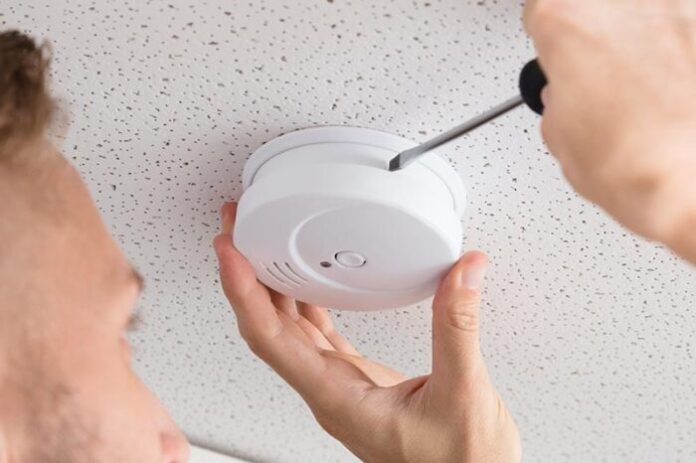
1. Install smoke and carbon monoxide detectors
It is convenient to have a smoke detector in every room of the house. Make sure all detectors work; To do this, check them once a month and change the batteries once a year. Also, install carbon monoxide detectors in your home. You may not need a carbon monoxide detector in every room, but it would be convenient to have at least one on each floor of your house in places where there is a combustion appliance: kitchen, fireplace, boiler, …
If you have children, let them know that these alarms are important safety devices and should not be tampered with or played with.
2. Check and properly maintain the electrical installation
Check that the electrical installation complies with current regulations and has all the necessary security measures to guarantee correct operation.
Make sure that all appliances and electrical connections are properly grounded and if necessary hire an electrician to make modifications to electrical circuits.
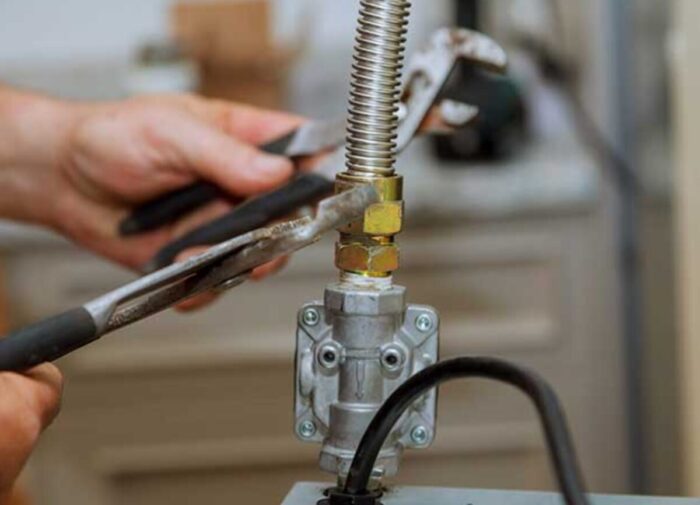
3. Properly check and maintain the gas installation
Make sure that the gas installation and the boiler comply with current regulations and have passed the established revisions.
Periodically check that there are no loose couplings, leaking valves, non-working pilot flames, and flammable objects that are improperly stored near these facilities.
If you notice a gas odor or find that there is a leak, immediately shut off the gas, do not turn on any electrical appliance, open the windows to ventilate the room, leave the house and call 911.
Check the vents in gas water heaters, boilers, and clothes dryers.
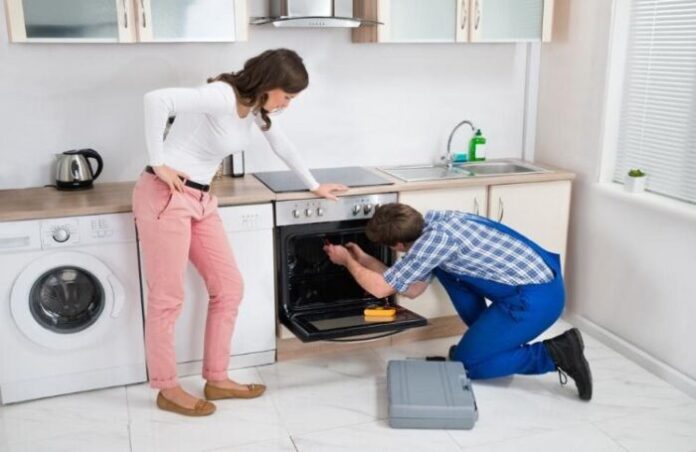
4. Properly check and maintain your appliances
Keep your stove and oven clean and don’t let grease build up.
Check your kitchen exhaust hoods and clean the filters. If your kitchen has an external ventilation system, make sure that neither insects nor birds nest or prevent air circulation through it.
Check the cables of your appliances. Verify that the plugs do not lack grounding and that the insulators in the cables are in good condition. Replace or repair cables if defective.
Keep the lint screen and air vent of your dryer clean. Some dryers have a duct system that sometimes gets clogged and needs to be uncovered. If your dryer is not working well, you will need to have it checked.
5. Be very careful with stoves and portable heaters
Keep any flammable materials (cushions, curtains, sofa, …) at a safe distance (more than 1 m) from a stove or heater. It is not recommended to connect portable heaters to electrical extensions. Place portable heaters away from areas where people walk and always on firm surfaces. You should not put them on tables, chairs, and other objects where they could tip over.
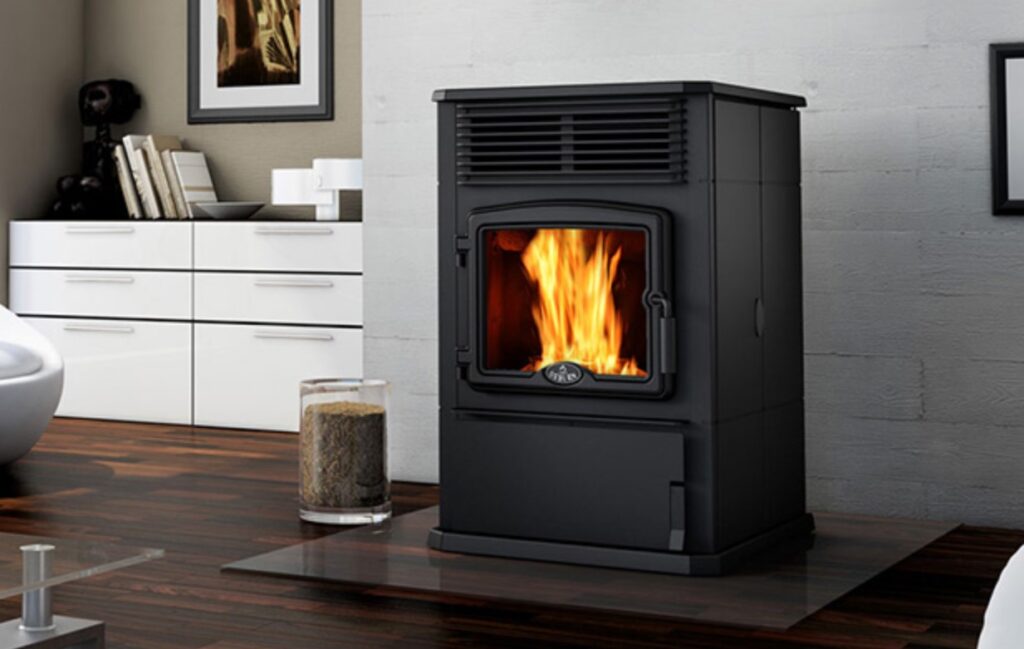
6. Never connect consumer appliances to an electrical extension cord
When an extension cord gets too hot, it generates a lot of heat and can be the source of a problem. Do not connect an air conditioner or other energy-consuming items to an electrical extension cord to avoid overheating.
7. Never store flammable compounds near ignition devices
Keep gasoline, paint thinners, and other flammable products a safe distance from your home.
Don’t store flammable compounds in a garage or laundry, especially if they contain appliances that light up with a pilot light. Be careful and place these liquids outdoors or in an attached, ventilated building.
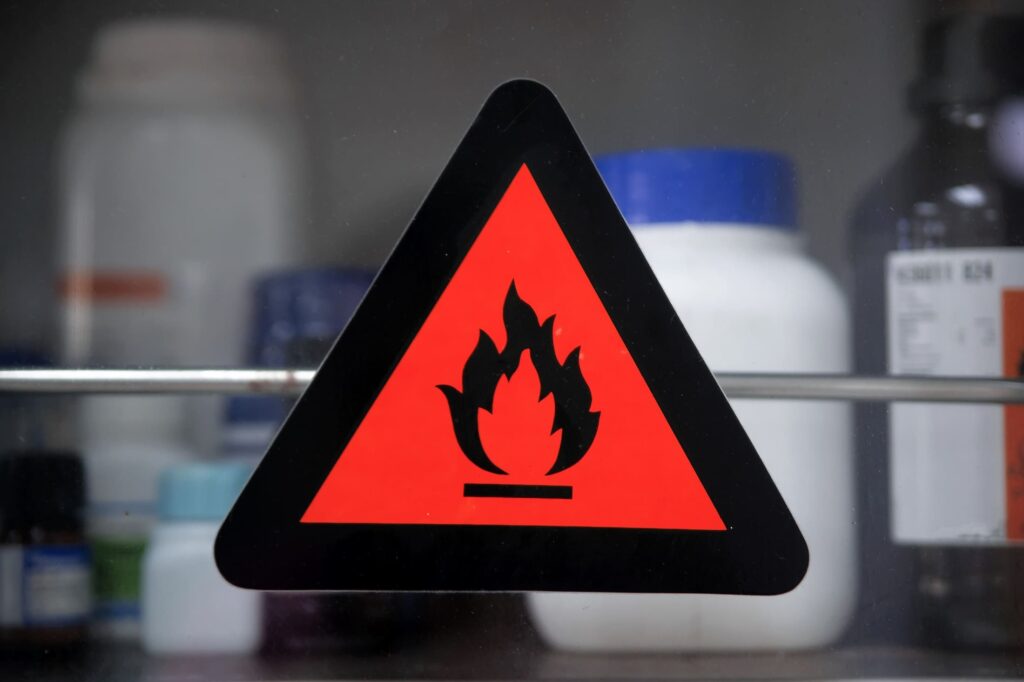
8. Check out the multiple plug sockets and extensions
All connections and electrical elements over time tend to deteriorate from use and sometimes moving furniture, walking and other activities carried out by people wear these cables and can become a risk.
Check them from time to time and make sure there are no bare wires and they are in perfect condition.
Christmas lights are often plugged into these extenders and kept on for a long time. If you plan to do the same, be sure to use good quality multiple sockets, extension cords and cables and check them periodically.
9. Monitor when you cook
Keep fires controlled and supervised when cooking. If you are going to be away from the kitchen, don’t leave anything turned on. You can turn them back on when you return. This way you can prevent the most frequent cause of fires at home: leaving food cooking without supervision.
When cooking with oil, keep a lid or cookie sheet handy. If you see flames, you can immediately extinguish it with the lid and turn off the stove to allow it to cool. Do not move the tray or use water. The water, when overheated, will become steam and this can cause severe burns. Furthermore, oil can splatter and spread flames.
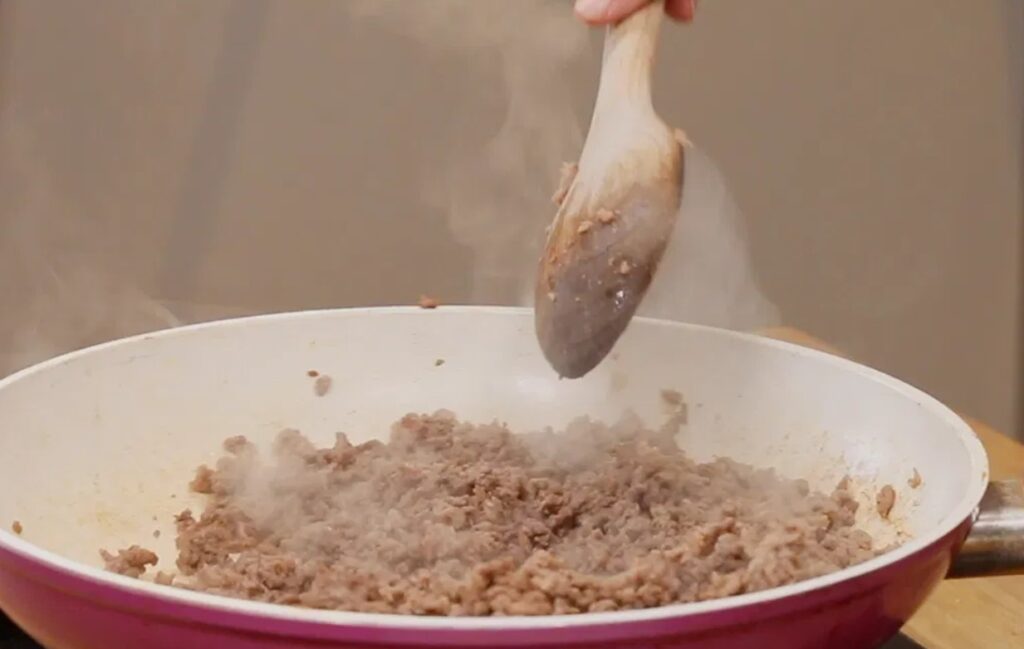
10. Don’t smoke in bed or lie on a sofa
If you feel tired and lie down on the bed or lie on a sofa, you will probably fall asleep while smoking. Once you are asleep, you may drop your cigarette on the bed, sofa or floor and this could start a fire.
If you are smoking before going to bed make sure to put out the cigarette in an ashtray or with water and go to sleep.
11. Be careful if you have candles, oil lamps, or other appliances that use fire to light a room
Don’t leave lit candles without your supervision or control. If you need to leave the room or be absent, put out the fire, even if it is for a moment. You can turn it back on when you return.
Protect the flame with a wire cage to prevent something from falling into the flame or moving it. This also helps keep children and pets away from it and will protect them from possible burns.
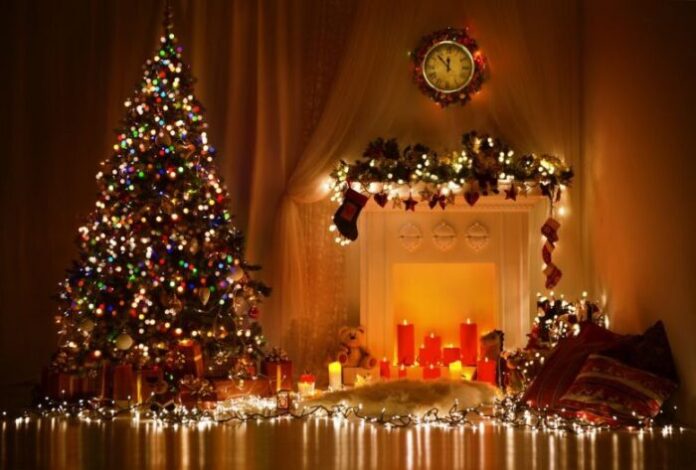
12. Watch out for Christmas decorations, especially the tree
Poor quality lights can cause fires when you place them on Christmas trees. Also, real trees can burn very easily when they are old and dry.
Turn off the Christmas tree lights when you’re not home and when you’re going to sleep.
Conclusion:
If you follow all these tips, there is no reason to worry. You will be as secure as possible. If you need a free estimation on your security installation, Visit here ACS Fire & Security

